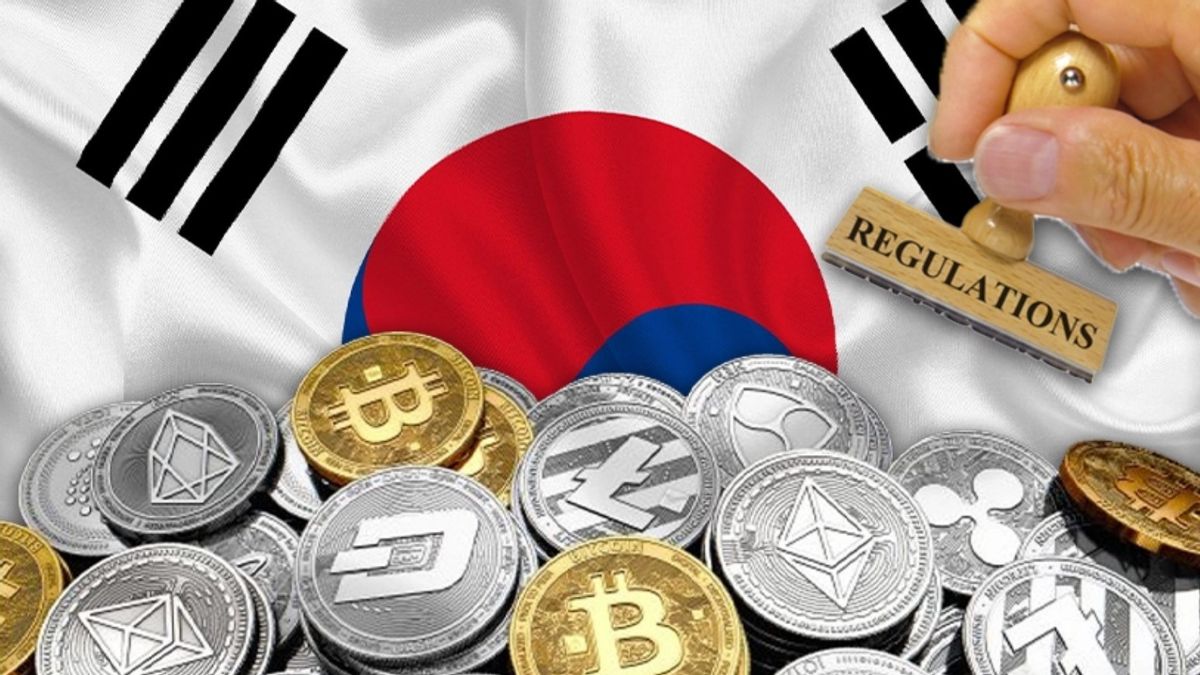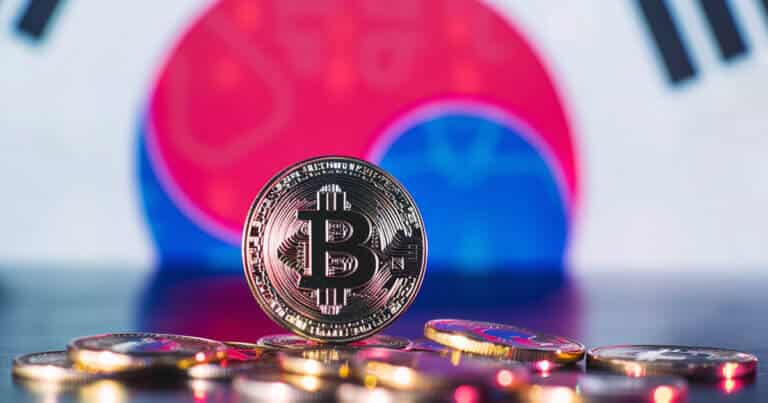South Korea crypto is imposing a significant financial burden on its top cryptocurrency exchanges, with new regulations requiring a hefty supervisory fee. Under the recently implemented ‘Virtual Asset User Protection Act,’ major players like Upbit, Bithumb, Coinone, and Gopax must contribute approximately 300 million won ($220,240) annually. This fee is part of the government’s efforts to enhance oversight and ensure compliance within the burgeoning crypto sector.
New Supervisory Fee Regime for South Korea Crypto Industry Takes Shape
The Financial Services Commission (FSC) of South Korea announced on Thursday that the new supervisory fee will be calculated based on each exchange’s operating revenue from the previous fiscal year. This move follows the revised ‘Enforcement Decree of the Act on the Establishment of the Financial Services Commission’ and the ‘Regulations on the Collection of Financial Institution Contributions.’
The fee applies to regulated exchanges such as Upbit, Bithumb, Coinone, and Gopax, which are required to pay the supervisory fee to support the regulatory body’s oversight activities. Notably, Korbit, another major exchange, is exempt from this fee due to its relatively low operating revenue of approximately 1.7 billion won last year.
An FSC official commented, “The related organization has already been formed and costs are being incurred, so it is necessary to impose a supervisory share.” This exemption highlights the FSC’s consideration for smaller exchanges, while ensuring larger players contribute to the regulatory framework’s maintenance.
FSC’s Decision Sparks Fears of Crypto Exchange Insolvency in South Korea
The new regulatory framework places a quasi-tax-like burden on South Korea crypto exchanges, similar to the contributions paid by traditional financial institutions. The fees are intended to cover the costs of regulatory supervision and services provided by the FSC. The inspections from the FSC are expected to commence immediately, as the Virtual Asset User Protection Act has already come into effect.

This development comes at a challenging time for the crypto industry in South Korea. Some exchanges, including Coinone and Gopax, have been facing operating losses. The additional financial burden may exacerbate these difficulties, potentially affecting their operational capabilities. The FSC’s decision has sparked debate within the industry, with some operators expressing concern over the financial impact.
Crypto Community Divided on South Korea Crypto Regulatory Crackdown
The response from the crypto community has been mixed. While some see the move as a necessary step toward greater regulation and consumer protection, others argue that it places an undue burden on the industry. A spokesperson for one of the affected exchanges, who wished to remain anonymous, stated, “The introduction of such a substantial fee at a time when the market is already under pressure could stifle innovation and growth within the sector.”

In contrast, others argue that the new regulations are essential for maintaining market integrity and protecting investors. “Ensuring a safe and transparent environment for crypto trading is crucial, and the supervisory fee is a small price to pay for stability,” said a financial analyst familiar with the situation.
This perspective emphasizes the importance of regulatory oversight in preventing fraud, manipulation, and other malicious activities that can harm investors. By implementing these regulations, South Korea aims to establish a trustworthy and stable crypto market, which can foster growth and adoption.
South Korea Crypto Sector: Where Regulation Meets Innovation
The introduction of a 300 million won supervisory fee marks a significant shift in South Korea’s approach to regulating its cryptocurrency market. While intended to enhance oversight and ensure compliance, the fee presents a new challenge for the country’s top exchanges. As the industry grapples with these changes, the full impact of the new regulatory framework remains to be seen. However, one thing is clear: South Korea is taking decisive steps to regulate its rapidly growing crypto sector, balancing the need for innovation with the imperative of investor protection. Keep following TheBITJournal for latest crypto updates and developments.





























